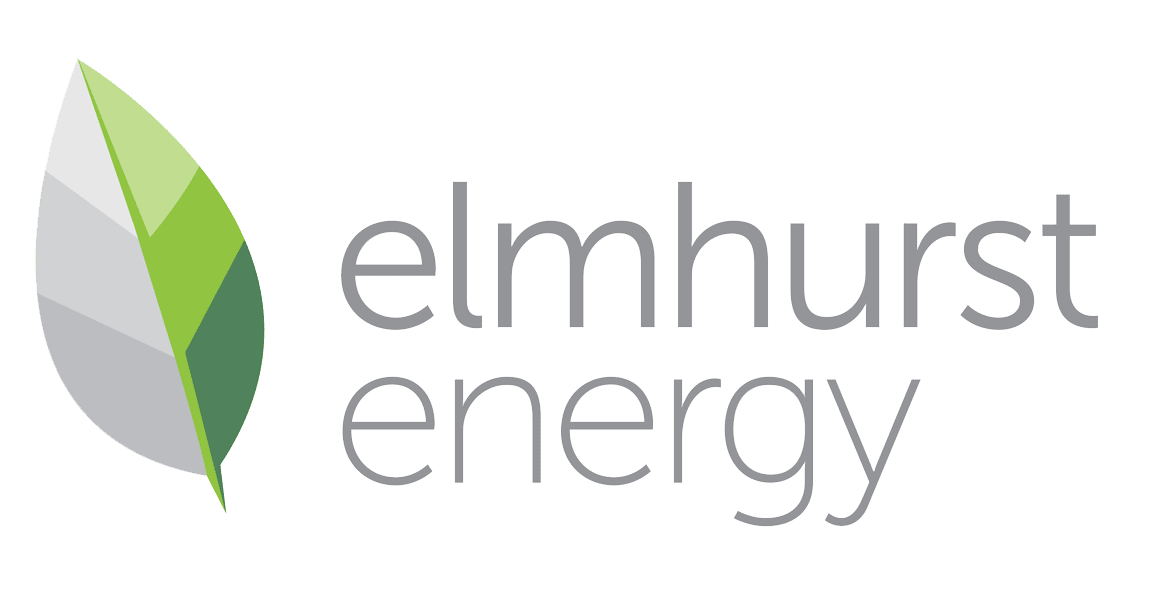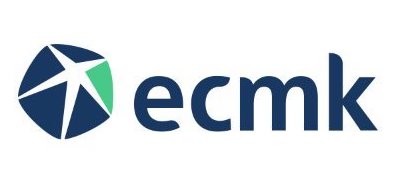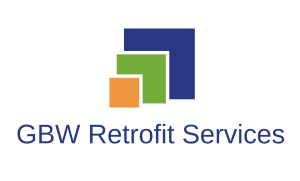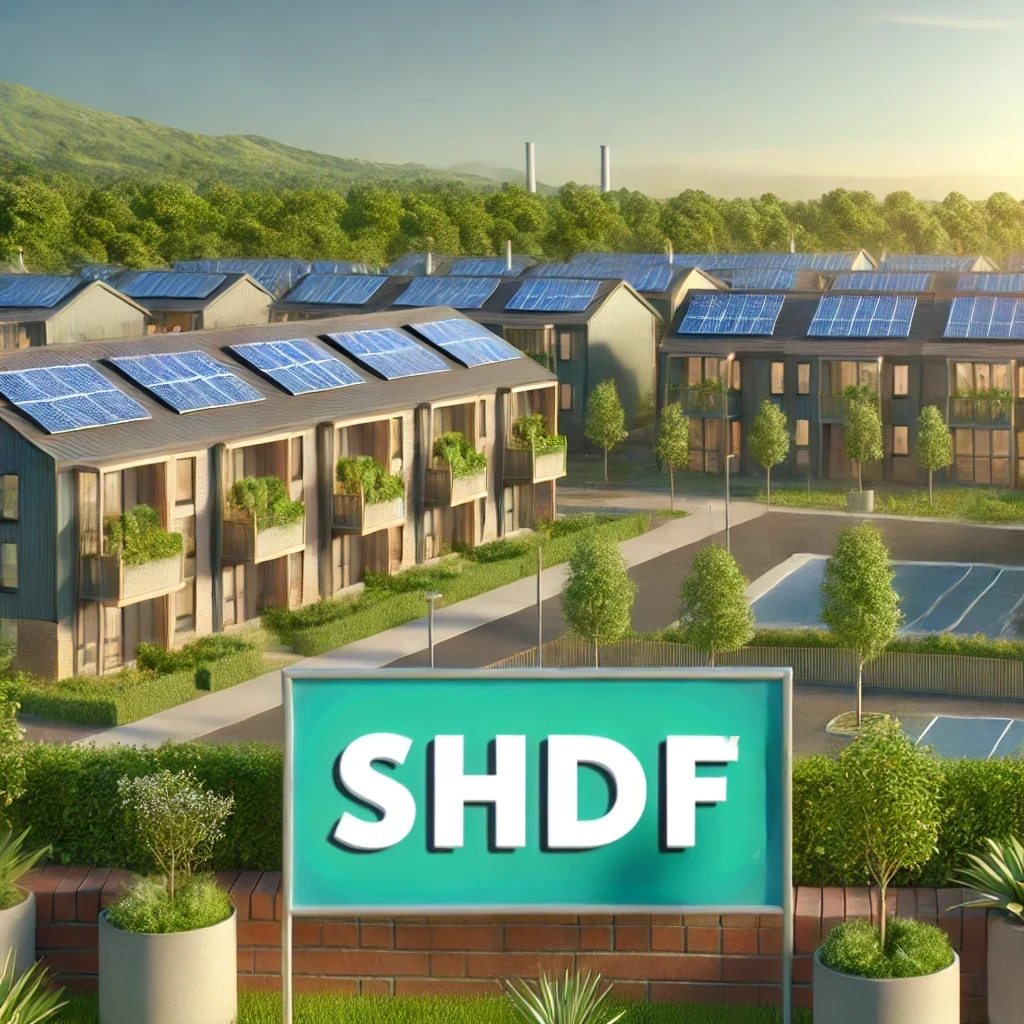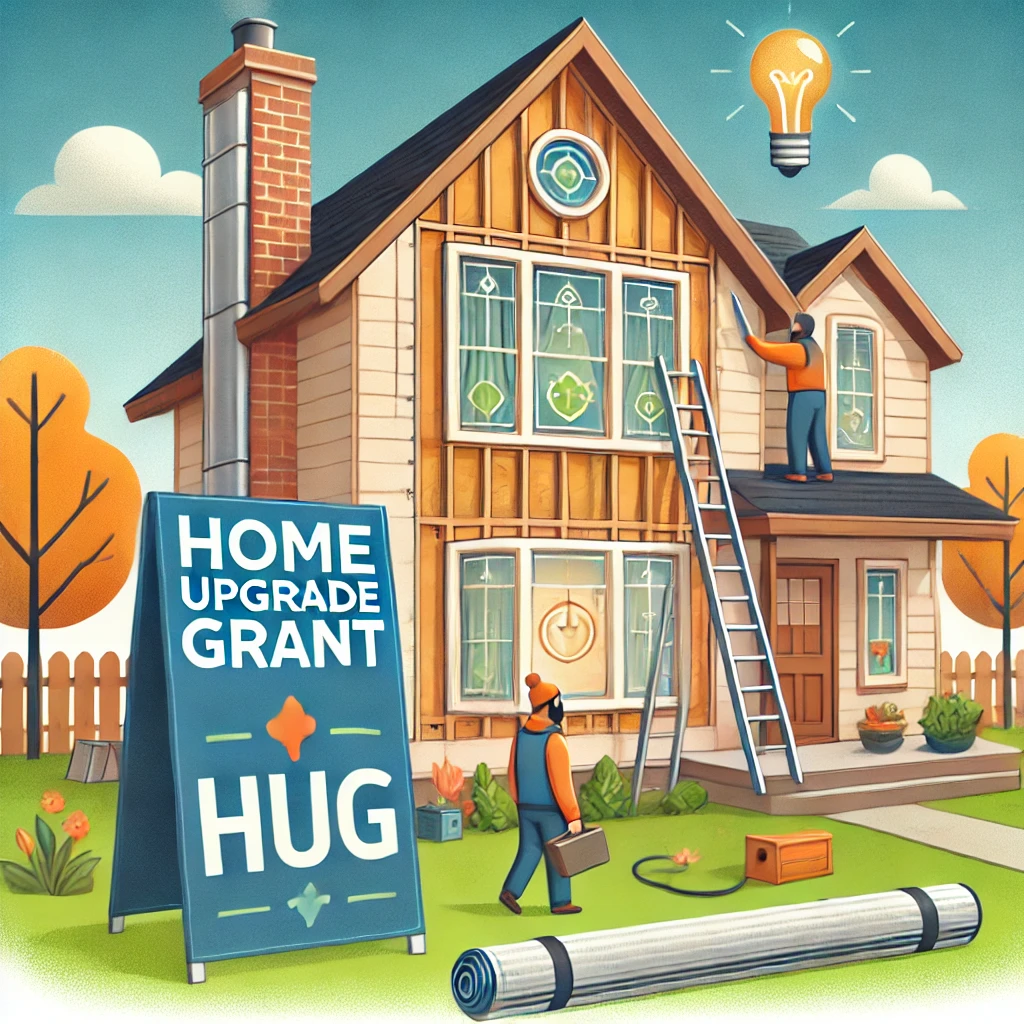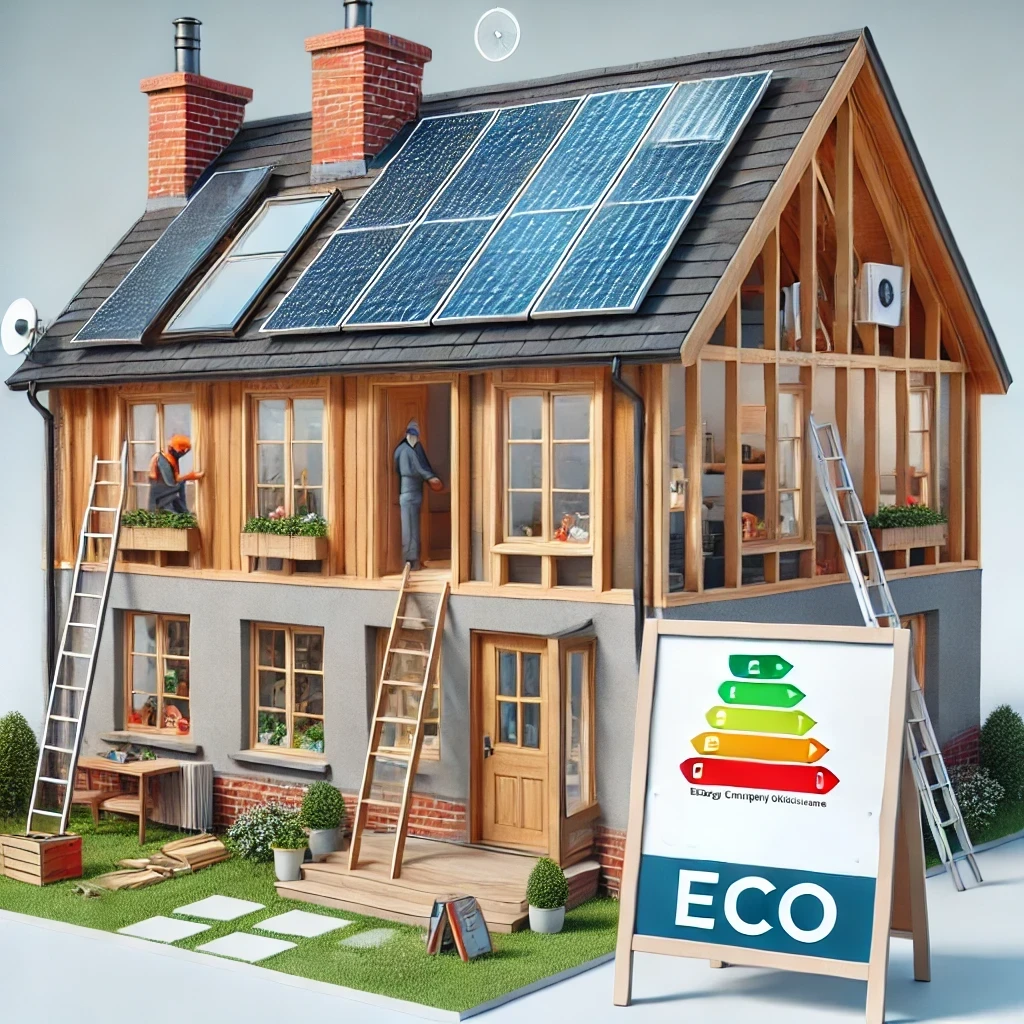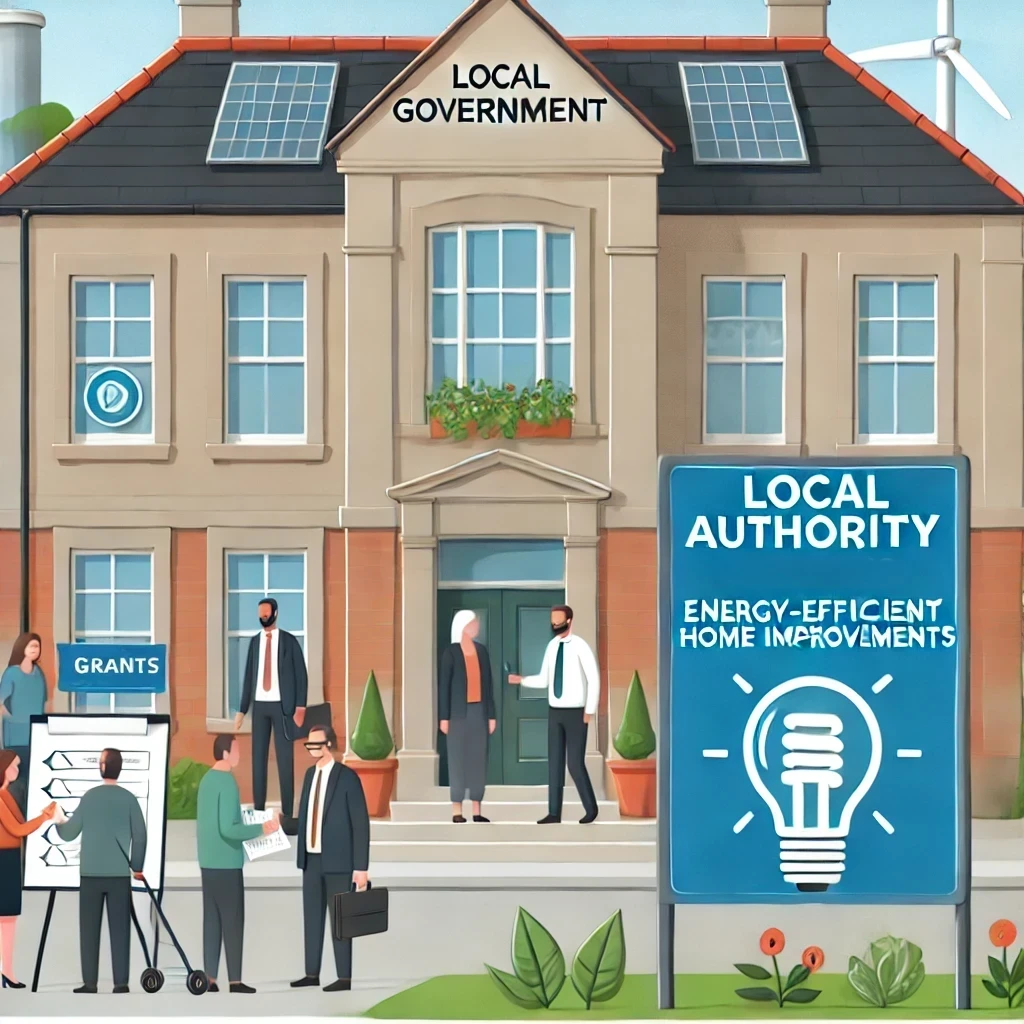Comprehensive Funding Options for Energy Efficiency in Housing
Discover an extensive range of funding opportunities designed to support homeowners, landlords, local authorities, and housing associations in their efforts to improve energy efficiency. These options include the Social Housing Decarbonisation Fund (SHDF), Home Upgrade Grant (HUG), Great British Insulation Scheme (GBIS), Energy Company Obligation (ECO), and Local Authority Grants. These initiatives help reduce carbon emissions, lower energy costs, and enhance the overall comfort and sustainability of residential properties.
Social Housing Decarbonisation Fund (SHDF)
The Social Housing Decarbonisation Fund (SHDF) aims to significantly improve the energy efficiency of social housing across the UK, targeting properties that have lower Energy Performance Certificate (EPC) ratings. This initiative is part of the UK government’s commitment to achieving net-zero carbon emissions by 2050.
The SHDF provides substantial funding to social housing providers, including local authorities and housing associations, to retrofit homes with modern, energy-efficient technologies. The measures supported by this fund include advanced insulation, high-efficiency heating systems, and the integration of renewable energy sources such as solar panels and heat pumps.
One of the primary objectives of the SHDF is to reduce carbon emissions from the social housing sector, which plays a crucial role in the overall carbon footprint of the UK’s housing stock. By focusing on energy efficiency upgrades, the SHDF helps lower fuel bills for tenants, reducing fuel poverty and improving living conditions. Additionally, these upgrades contribute to the overall health and well-being of residents by ensuring that homes are warmer in winter and cooler in summer, thus enhancing thermal comfort.
The SHDF is a vital component of the UK’s strategy to create a sustainable and energy-efficient housing sector, providing long-term benefits to both the environment and social housing tenants.
Home Upgrade Grant (HUG)
The Home Upgrade Grant (HUG) is a government-funded program designed to assist low-income households in upgrading the energy efficiency of their homes, particularly those that are off the gas grid. These homes often rely on more expensive and less efficient forms of heating, making them a priority for energy efficiency improvements. The HUG covers a comprehensive range of measures, including the installation of high-performance insulation, low-carbon heating systems like air source heat pumps, and energy-efficient windows and doors.
By implementing these improvements, the Home Upgrade Grant aims to reduce energy consumption and lower heating costs, thereby helping to alleviate fuel poverty. In addition to financial savings, these upgrades significantly enhance the comfort and quality of life for residents by providing more stable and efficient heating solutions. The HUG also plays a critical role in reducing carbon emissions from the housing sector, supporting the UK’s broader environmental objectives. The program not only targets immediate energy efficiency needs but also invests in the long-term sustainability of housing, ensuring that homes remain energy-efficient and environmentally friendly for years to come.
Home Upgrade Grant (HUG)
The Home Upgrade Grant (HUG) is a government-funded program designed to assist low-income households in upgrading the energy efficiency of their homes, particularly those that are off the gas grid. These homes often rely on more expensive and less efficient forms of heating, making them a priority for energy efficiency improvements. The HUG covers a comprehensive range of measures, including the installation of high-performance insulation, low-carbon heating systems like air source heat pumps, and energy-efficient windows and doors.
By implementing these improvements, the Home Upgrade Grant aims to reduce energy consumption and lower heating costs, thereby helping to alleviate fuel poverty. In addition to financial savings, these upgrades significantly enhance the comfort and quality of life for residents by providing more stable and efficient heating solutions. The HUG also plays a critical role in reducing carbon emissions from the housing sector, supporting the UK’s broader environmental objectives. The program not only targets immediate energy efficiency needs but also invests in the long-term sustainability of housing, ensuring that homes remain energy-efficient and environmentally friendly for years to come.
Great British Insulation Scheme (GBIS)
The Great British Insulation Scheme (GBIS) is a key initiative aimed at enhancing the insulation of homes across the UK. This scheme provides financial assistance to homeowners, landlords, and local authorities for the installation of various insulation measures, including cavity wall insulation, loft insulation, and solid wall insulation. Insulation is one of the most effective ways to improve a home’s energy efficiency, as it helps retain heat during the winter and keep homes cooler during the summer.
The GBIS is particularly beneficial for older properties that were built with little or no insulation, helping to bring them up to modern energy efficiency standards. By improving the thermal efficiency of homes, GBIS not only reduces heating costs but also contributes to lowering carbon emissions. This scheme is an integral part of the UK’s efforts to meet its climate change targets and improve the overall energy performance of the housing stock. The funding provided through GBIS makes it more affordable for property owners to undertake these essential upgrades, ensuring that more homes can benefit from improved insulation and the associated cost savings and environmental benefits.
Energy Company Obligation (ECO)
The Energy Company Obligation (ECO) is a government scheme that mandates large energy suppliers to fund energy efficiency improvements in homes, with a particular focus on low-income and vulnerable households. The ECO scheme covers a wide range of measures, including insulation, heating system upgrades, and the installation of renewable energy technologies like solar panels and heat pumps.
By targeting energy efficiency improvements, the ECO scheme helps reduce energy consumption and lower energy bills for households, thereby addressing fuel poverty and improving living conditions.
One of the key benefits of the ECO scheme is its accessibility to various stakeholders, including homeowners, landlords, and social housing providers. This broad reach ensures that a significant number of properties can benefit from energy efficiency upgrades, contributing to the UK’s overall carbon reduction targets. The ECO scheme also supports the development and adoption of innovative energy-saving technologies, driving progress in the housing sector towards more sustainable practices.
By improving the energy efficiency of homes, the ECO scheme not only enhances the comfort and well-being of residents but also plays a crucial role in the UK’s strategy to combat climate change and achieve long-term sustainability goals.
Energy Company Obligation (ECO)
The Energy Company Obligation (ECO) is a government scheme that mandates large energy suppliers to fund energy efficiency improvements in homes, with a particular focus on low-income and vulnerable households. The ECO scheme covers a wide range of measures, including insulation, heating system upgrades, and the installation of renewable energy technologies like solar panels and heat pumps.
By targeting energy efficiency improvements, the ECO scheme helps reduce energy consumption and lower energy bills for households, thereby addressing fuel poverty and improving living conditions.
One of the key benefits of the ECO scheme is its accessibility to various stakeholders, including homeowners, landlords, and social housing providers. This broad reach ensures that a significant number of properties can benefit from energy efficiency upgrades, contributing to the UK’s overall carbon reduction targets. The ECO scheme also supports the development and adoption of innovative energy-saving technologies, driving progress in the housing sector towards more sustainable practices.
By improving the energy efficiency of homes, the ECO scheme not only enhances the comfort and well-being of residents but also plays a crucial role in the UK’s strategy to combat climate change and achieve long-term sustainability goals.
Local Authority Grants
Local Authority Grants are funding opportunities provided by local councils to support energy efficiency improvements in residential properties. These grants are available to a wide range of stakeholders, including homeowners, landlords, and housing associations, and can cover various measures such as insulation, heating system upgrades, and renewable energy installations. Local authorities design these grants to address specific regional needs and priorities, often targeting low-income households and areas with high fuel poverty rates.
By accessing these grants, residents can benefit from reduced energy costs and improved home comfort. Local Authority Grants play a crucial role in enhancing the energy efficiency of housing at a local level, contributing to broader national efforts to reduce carbon emissions and combat climate change. These grants not only provide financial assistance for essential upgrades but also help raise awareness about the importance of energy efficiency.
Through targeted support and tailored programs, Local Authority Grants ensure that more homes can achieve higher energy performance standards, creating a more sustainable and resilient housing sector that benefits both the environment and the community.
Passionate – Dedicated – Professional
Why Choose GBW Retrofit Services?
Our mission is to enhance energy efficiency and sustainability in UK homes and buildings through comprehensive PAS 2035 retrofit services, benefiting homeowners, landlords, and developers.
We envision a future where all properties in the UK are energy-efficient, environmentally sustainable, and compliant with the highest standards of retrofit practices.
Our strategy involves partnering with local authorities, EEM installers, & developers to provide expert assessments, coordination, & design services that drive successful retrofit projects.
07737 007 344
+1 (800) 555 555
Our Partners
